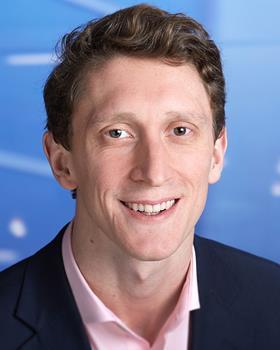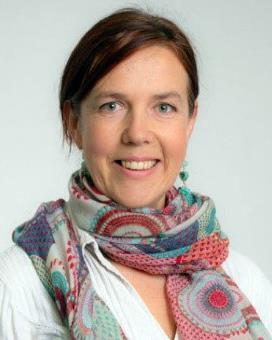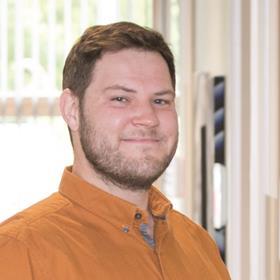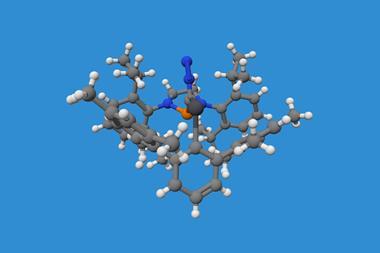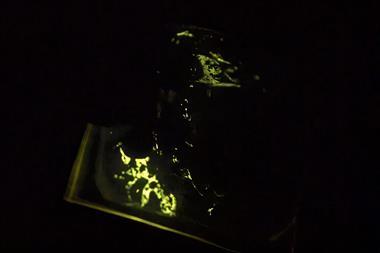It is not practical to conduct experiments at manufacturing scale. Small scale runs are essential for finding the perfect settings and trialing alternative process conditions.
Comparing scales to qualify the smaller reactor is crucial. Design of Experiments (DoE) is an extremely useful approach to check how the process behaves throughout the scale range, and can be combined with other techniques to provide a complete picture.
In this webinar, we will show how Fujifilm Diosynth Biotechnologies uses the DoE and Analyse platforms in JMP to demonstrate how small scale models can be used to predict large scale results.
Join us to learn how you can, with DoE and equivalence testing:
- Create improved scale up understanding
- Do a lot more with a little data by designing experiments
- Convey scale up understanding to the wider organisation
Speaker: Ben Francis, Systems engineer, JMP (UK)
Ben Francis is a systems engineer for JMP in the UK team. His job is to understand the science and engineering challenges of industrial organisations so they can improve their analytic excellence and drive their process innovation. Before this role, Ben was senior statistician in Unilever’s digital R&D department, focusing on enabling process understanding across the categories of the CPG giant. This was after gaining experience in academia; specialising in statistical genetics and big data analytics. Ben has a masters and PhD in mathematics and medical statistics respectively.
Speaker: Somaieh Mohammadi, Staff scientist, Statistics & computational engineering, Fujifilm Diosynth Biotechnologies
Somaieh Mohammadi obtained her PhD in chemical engineering from Newcastle University in 2014. Prior to joining Fujifilm , she was a research associate in the School of Chemical Engineering and Advanced Materials at Newcastle University from 2014-2015. Her current role involves developing and applying computational tools and statistical models to support the development of new commercial products as well as process characterisation and optimisation. She also uses her skills in programming, data analysis and data visualisation to evaluate data generated by Fujifilm, including laboratory based characterisation studies (LPC) and large scale manufacturing data.
Speaker: Gwenola Ninon, Staff Scientist – Statistics and Data Analytics, Fujifilm Diosynth Biotechnologies
Gwenola Ninon is involved in establishing the digital infrastructure at the Fujifilm Diosynth Biotechnologies UK site. Her work includes developing a centralised database system for data storage, developing web-based applications and tools to access data and run the appropriate statistics, data mining, visualisation and Design of Experiments.
Gwenola has earned a BS in chemical engineering and an MSc in process analytics, and joined Fujifilm Diosynth ten years ago, after four years as a data analyst at SCA.
Moderator: Benjamin Valsler, digital editor, Chemistry World
Ben is the digital editor of Chemistry World magazine, producing video and podcasts to accompany the magazine and website. Prior to joining the Royal Society of Chemistry, he was the producer of the award-winning Naked Scientists, making local and national radio programmes for the BBC, the Australian Broadcasting Corporation and Primedia in South Africa.
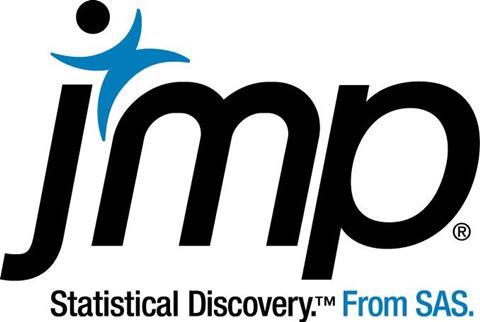
JMP has been a part of SAS since the first version of JMP statistical discovery software was launched in 1989, bringing interactive data visualization and analysis to the desktop. SAS is the leader in business analytics software and services, and the largest independent vendor in the business intelligence market. Through innovative solutions, SAS helps customers at more than 60,000 sites improve performance and deliver value by making better decisions faster. Since 1976 SAS has been giving customers around the world the power to know.
